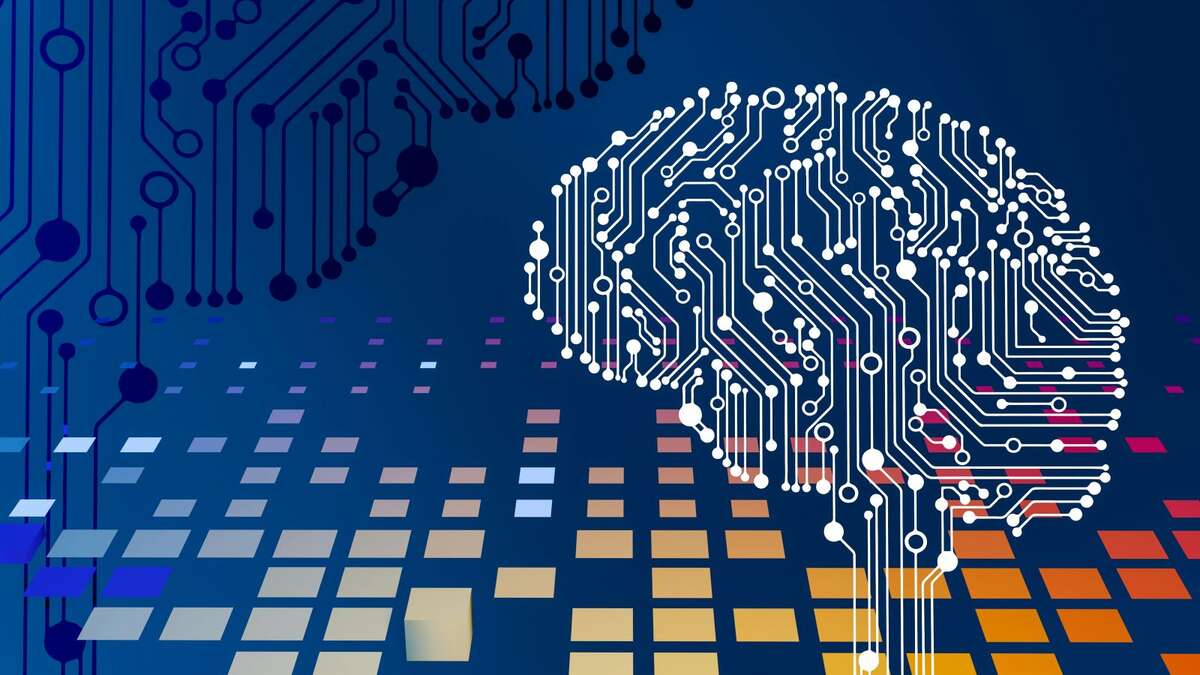In the ever-evolving landscape of energy management, one technology is proving to be a game-changer: Artificial Intelligence (AI). From optimizing energy consumption to predicting maintenance needs, AI is reshaping the way energy is produced, distributed, and utilized. Its impact spans across various sectors, including utilities, renewable energy, and smart grids, offering unprecedented opportunities for efficiency, cost savings, and sustainability.
-
Enhanced Energy Efficiency: AI algorithms can analyze vast amounts of data from sensors, meters, and other sources to identify patterns and anomalies in energy consumption. This enables utilities and businesses to optimize their energy usage in real-time, reducing waste and lowering operational costs. Machine learning algorithms can also predict energy demand more accurately, allowing for better planning and resource allocation.
-
Predictive Maintenance: Traditional approaches to maintenance are often reactive and costly. However, AI-powered predictive maintenance can anticipate equipment failures before they occur by analyzing historical data and identifying early warning signs. This proactive approach minimizes downtime, extends the lifespan of assets, and reduces maintenance expenses, ultimately improving overall reliability and performance.
-
Grid Optimization: AI plays a crucial role in optimizing the distribution and management of energy within smart grids. By leveraging advanced analytics, AI algorithms can balance supply and demand in real-time, integrate renewable energy sources more efficiently, and mitigate grid congestion. This not only improves grid reliability but also enables the seamless integration of electric vehicles and other decentralized energy resources.
-
Renewable Energy Integration: The integration of renewable energy sources like solar and wind presents unique challenges due to their intermittent nature. AI technologies such as predictive analytics and forecasting algorithms help address these challenges by accurately predicting renewable energy generation and optimizing its integration into the grid. This ensures a smooth transition towards a more sustainable and renewable-centric energy system.
-
Energy Trading and Market Optimization: AI-powered algorithms are increasingly being used in energy trading and market optimization. These algorithms analyze market trends, pricing dynamics, and historical data to make informed decisions regarding energy trading, portfolio management, and risk mitigation. As a result, energy market participants can maximize profits, minimize risks, and adapt quickly to changing market conditions.
-
Customer Engagement and Demand Response: AI enables personalized energy management solutions that empower consumers to take control of their energy usage. Smart devices, powered by AI, can provide real-time insights into energy consumption patterns and offer personalized recommendations for optimizing usage and reducing costs. Furthermore, AI-driven demand response programs can incentivize consumers to adjust their energy consumption during peak periods, helping to alleviate strain on the grid.
-
Energy Policy and Planning: AI technologies provide policymakers and energy planners with valuable insights for developing and implementing effective energy policies and strategies. By analyzing data on energy consumption, emissions, and infrastructure, AI can identify areas for improvement, predict future energy needs, and inform decision-making processes aimed at achieving environmental sustainability and energy security.
In conclusion, Artificial Intelligence is poised to revolutionize the energy management landscape by unlocking new levels of efficiency, reliability, and sustainability. Its ability to analyze vast amounts of data, optimize complex systems, and make intelligent decisions in real-time positions AI as a critical enabler of the transition towards a cleaner, more resilient energy future. As AI continues to evolve and mature, its impact on energy management will only grow, driving innovation and transforming the way we produce, distribute, and consume energy.















